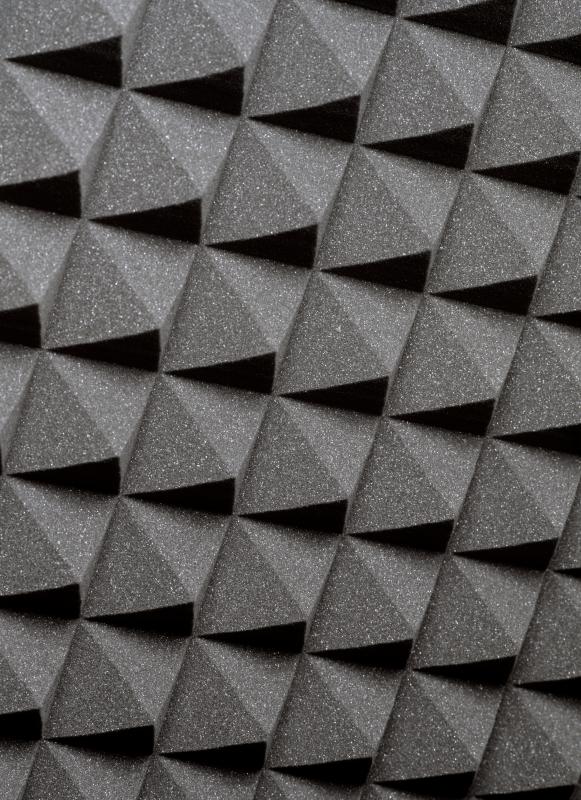At WiseGEEK, we're committed to delivering accurate, trustworthy information. Our expert-authored content is rigorously fact-checked and sourced from credible authorities. Discover how we uphold the highest standards in providing you with reliable knowledge.
What are the Best Tips for Basement Soundproofing?
As more and more homeowners convert their basements into useful spaces for daily living, the need for basement soundproofing becomes more apparent. Home theater systems, stereos, and even musical instruments can create sounds that can bleed into other parts of the house or even to the outside of the home, causing disruptions among family members and neighbors. Basement soundproofing will focus on creating surfaces that do not reflect and reverberate sound — such as flat walls and ceilings — and insulating hollow parts of the room to buffer sound. Basements with concrete walls are already well on their way to becoming soundproof, as concrete naturally cuts down on noise escaping the room.
Purchasing soundproof panels can help ease the process of basement soundproofing, but such panels can be expensive. Such panels are made from fiberglass or similar materials, and the profile of the panels is uneven or ridged to keep sound from bouncing directly off of their surfaces. Hanging soundproof panels on walls and ceilings is fairly easy and effective, though anyone embarking on a basement soundproofing project should keep in mind that the budget for such a project will be higher than other methods. One should be careful when purchasing soundproof panels, as some may be flammable.

Fiberglass insulation installed behind drywall will also help deaden sound during a basement soundproofing project, though it will not be as effective as panels affixed to the outside of the walls. The basic idea behind this type of soundproofing is to build as much density between the basement and the floor above so that sound cannot travel through the space to the upper floors. Insulation can help fill the void between the ceiling of the basement and the floor of the level above, though to get true soundproofing, thicker materials should be considered. Unfinished basements can be finished with sheet rock to further deaden sound, though this again only one step to deaden sound rather than a catch-all solution.

Caulking seams in walls and ceilings can also help basement soundproofing. Eliminating any dead space where sound can travel will help deaden sound before it reaches upper levels or the outside. Installing a thick door at the top of the basement stairway can help prevent sound from traveling upstairs, and another door at the bottom of the stairs creates yet another barrier through which sound would have to travel to reach the outside of the room.
AS FEATURED ON:
AS FEATURED ON:












Discuss this Article
Post your comments